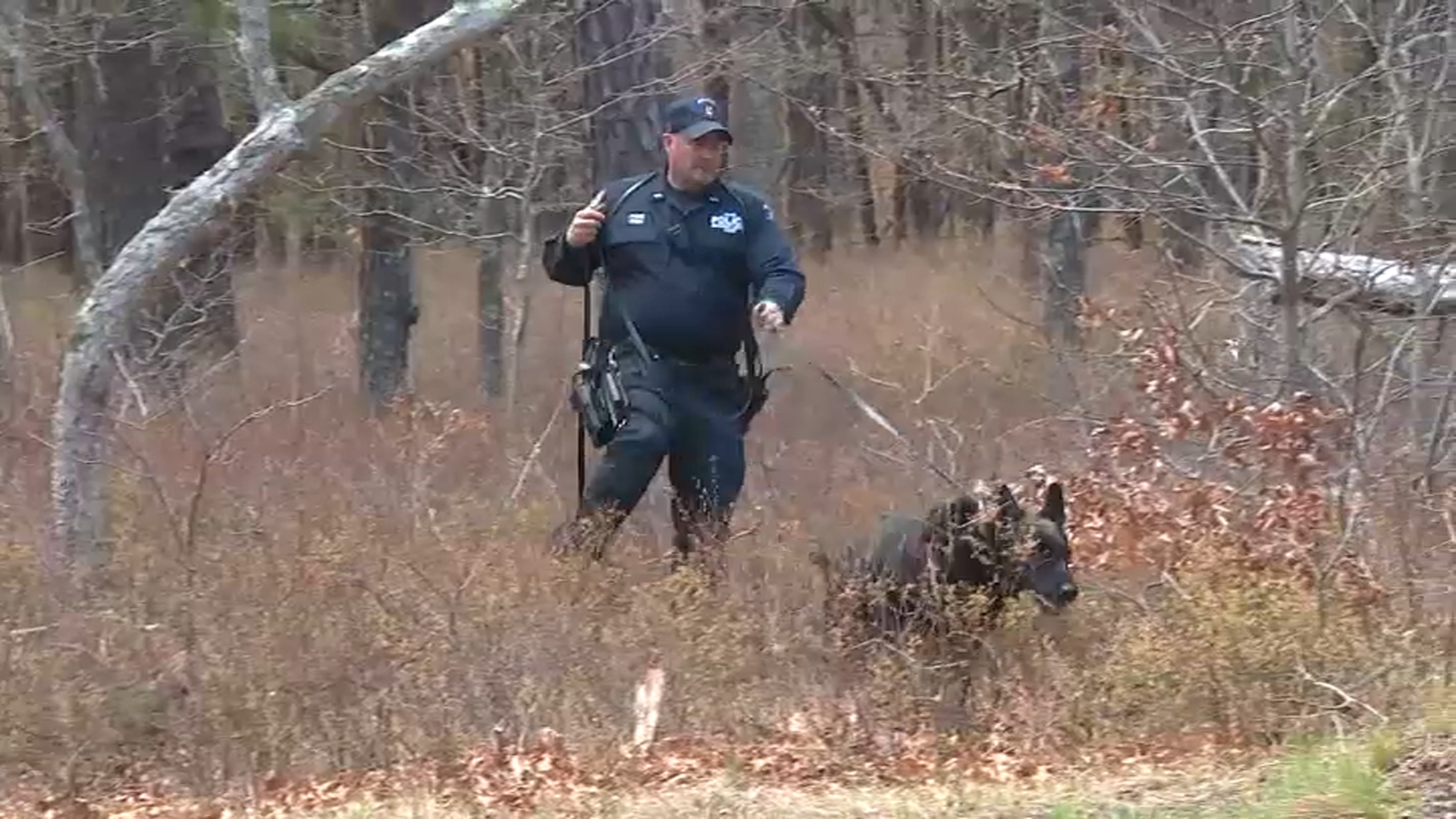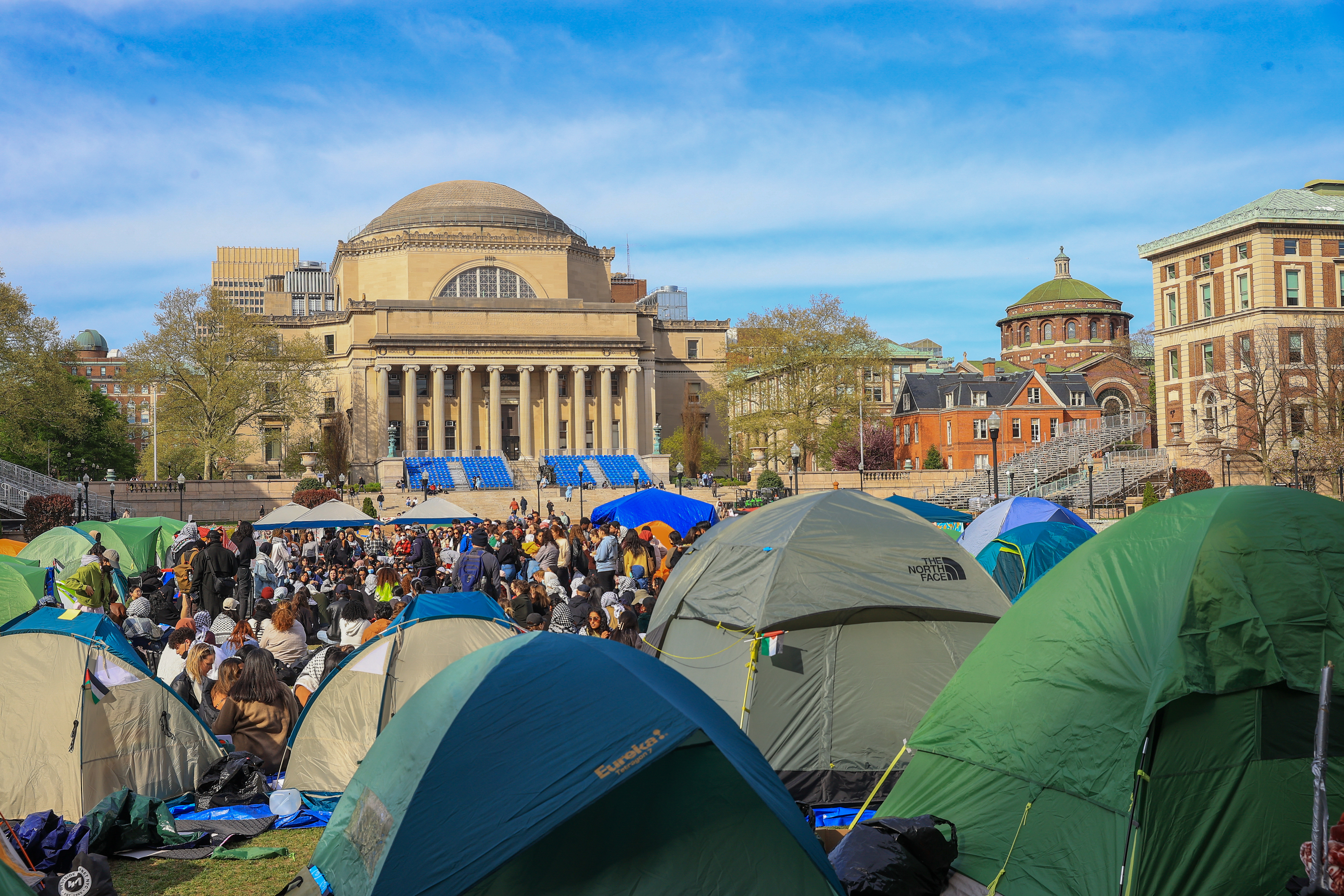
Yonkers joined a growing list of Westchester police departments to advise its officers to avoid law enforcement activity within New York City.
The announcement was in response to New York City's law that requires fining, even jailing, police officers who put a knee on a person's back or neck during arrests.
Yonkers' police commissioner says while his department doesn't condone excessive force, he feels the new law signed by Mayor Bill de Blasio this week puts officers at risk, especially when dealing with a difficult arrest.
Yonkers Mayor Mike Spano came out in support of the commissioner's decision.
"Here in Yonkers our Police Department workers closely with the community, and the low number of complaints is the result of that. We don't use chokeholds, and we don't use more force than absolutely necessary, even when dealing with individuals who are extremely violent and suffering mental distress," Spano said in a statement.
Officials in the city say only six complaints of excessive force were made against the department last year.
"The New York City law was obviously not written by anyone who has ever had to put handcuffs on a violent individual resisting arrest," Commissioner John Mueller said.
News
Mueller says Yonkers police officers will half at the New York City line during active police work except for extreme circumstances.
Keith Olson, president of the Yonkers Police Benevolent Association and the Affiliated Police Associations of Westchester, delivered a similar message this week.
“Yesterday, New York City Mayor Bill de Blasio signed into law a package of police reform bills that were recently passed by the City Council," Olson said Thursday.
"One law bans the use chokeholds, which are already outlawed at the state level, but ridiculously adds language, which holds cops culpable for “sitting, kneeling or standing on the chest or back in a manner that compresses the diaphragm.”"



